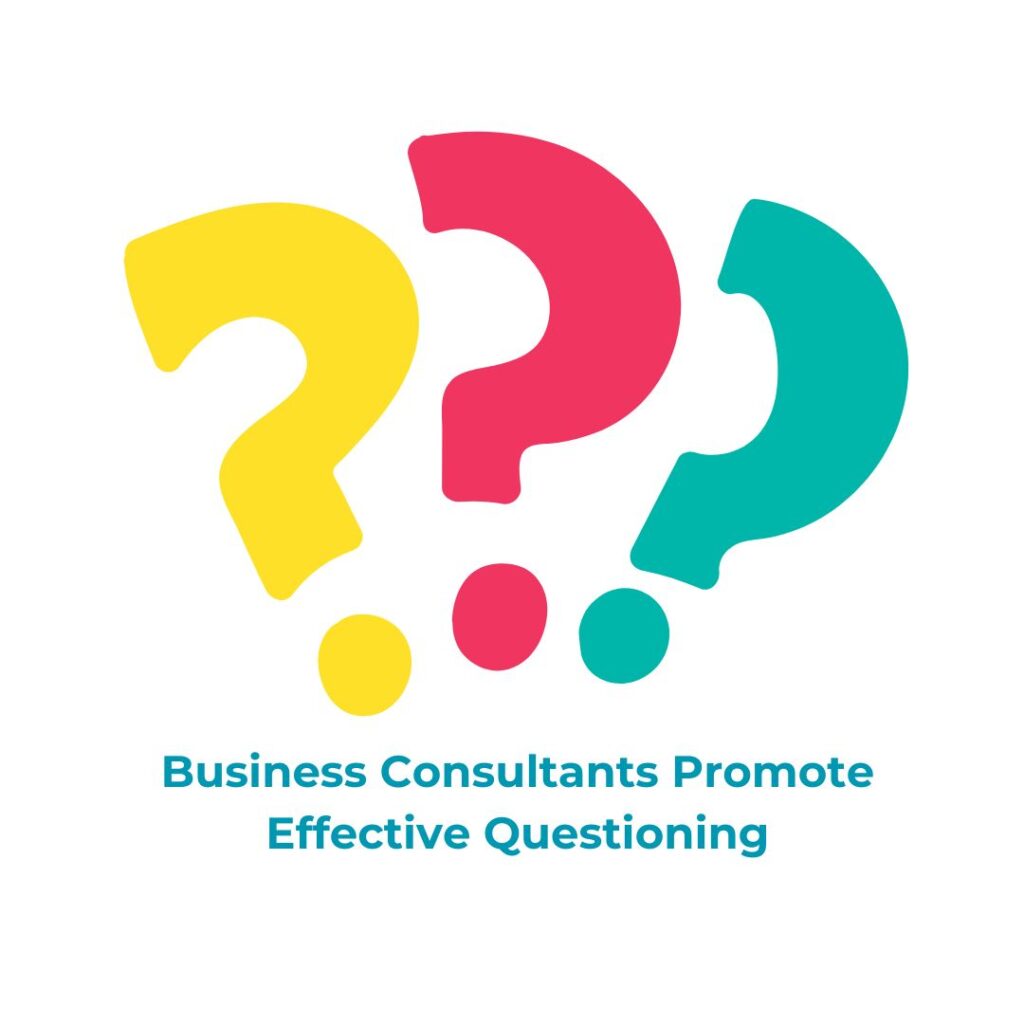While walking the concourse in McCaren airport, I spied the Harvard Business Review on the magazine rack. In big bold letter was “Ask Smarter Questions, The Key to Better Strategic Decision-Making.”
Promoting questions has been my focus as an educator for the past 54 years. Students’ questions and my own have been the key to success of both my students and myself. When students understand the power of their questions, they use every opportunity to ask them. They also recognize the value of listening to classmates questions.
It, however, has not been the focus of public education since schools were forced to show test score important. When teachers are focusing on tests results and covering unrealistic amounts of subject matter, there is little time to train students how to ask effective questions or think about out of the box solutions.
My new book. Ask More, Learn More-Creating a Culture of Curiosity, guides teachers, parents, and students how to ask, why they need to ask, how to overcome the fear of asking questions. and when to ask specific questions.
I found it very interesting that those in the business world are now promoting the vaulue of asking questions. They are beginning to realize that in the age of technology, we need to ask more questions and think more like Einstein when approaching challenges. When Einstein was tackling a challenge he started with questions that led to innovation. In the following excerpt from an article by Harvard Business Review entitled, The Art of Asking Smarter Questions” we find a focus on 5 strategies that rely on the asking right kinds of questions.
“Reflecting on how his leadership style has evolved, he told the New York Times, Jensen Huang shared, “I probably give fewer answers and I ask a lot more questions. It’s almost possible now for me to go through a day and do nothing but ask questions.” He continued, “Through probing, I help (my management team)… explore ideas that they didn’t realize needed to be explored.”
“Question-storming”-brainstorming for questions rather than answers—is now a creativity technique. But unlike lawyers, doctors, and psychologists, business leaders aren’t formally trained on what kinds of questions to ask. They must learn as they go.”
“Our research reveals that strategic questions can be grouped into five domains: investigative, speculative, productive, interpretive, and subjective. Each unlocks a different aspect of the decision-making process. Together they can help you tackle key issues that are all too easy to miss.”
“When they are facing a problem or an opportunity, effective decision-makers start by clarifying their purpose-asking themselves what they want to achieve and what they need to learn to do so. The process can be fueled by using successive “Why?” questions, as in the “five whys” sequence devised by managers at Toyota. Successively asking “How?”
The article continues to offer the following questioning method to promote effective problem solving and innovation:
Investigative
What happened?
What is and isn’t working?
What are the causes of the problem?
How feasible and desirable is each option?
What evidence supports our proposed plan?
Speculative
What other scenarios might exist?
Could we do this differently?
What else might we propose?
What can we simplify, combine, modify, reverse, or eliminate?
What potential solutions have we not considered?
Productive
What is the next step?
What do we need to achieve before taking it?
Do we have the resources to move ahead?
Do we know enough to proceed?
Are we ready to decide?
issues 1 space fo
Interpretive
What did we learn from this new information? 12348
ply beca as plural
What does it mean for our present views and future actions?
What should be our overarching goal?
How does this fit with that goal?
What are we trying to achieve?
Subjective
How do you really feel about this decision?
What aspect of it most concerns you?
Are there differences between what was said what was heard, and what was meant?
Have we consulted the right people?
Are all stakeholders genuinely aligned?
Ask More, Learn More will be available for FREE on Kindle by the end of June. Be the first to be empowered with the Super Power of Questions!
